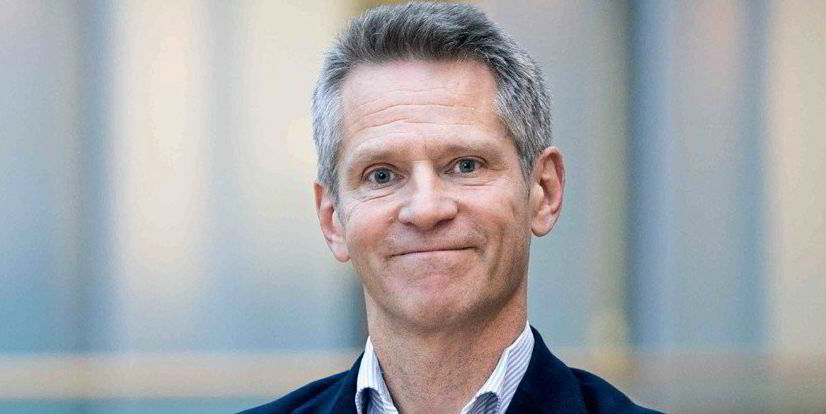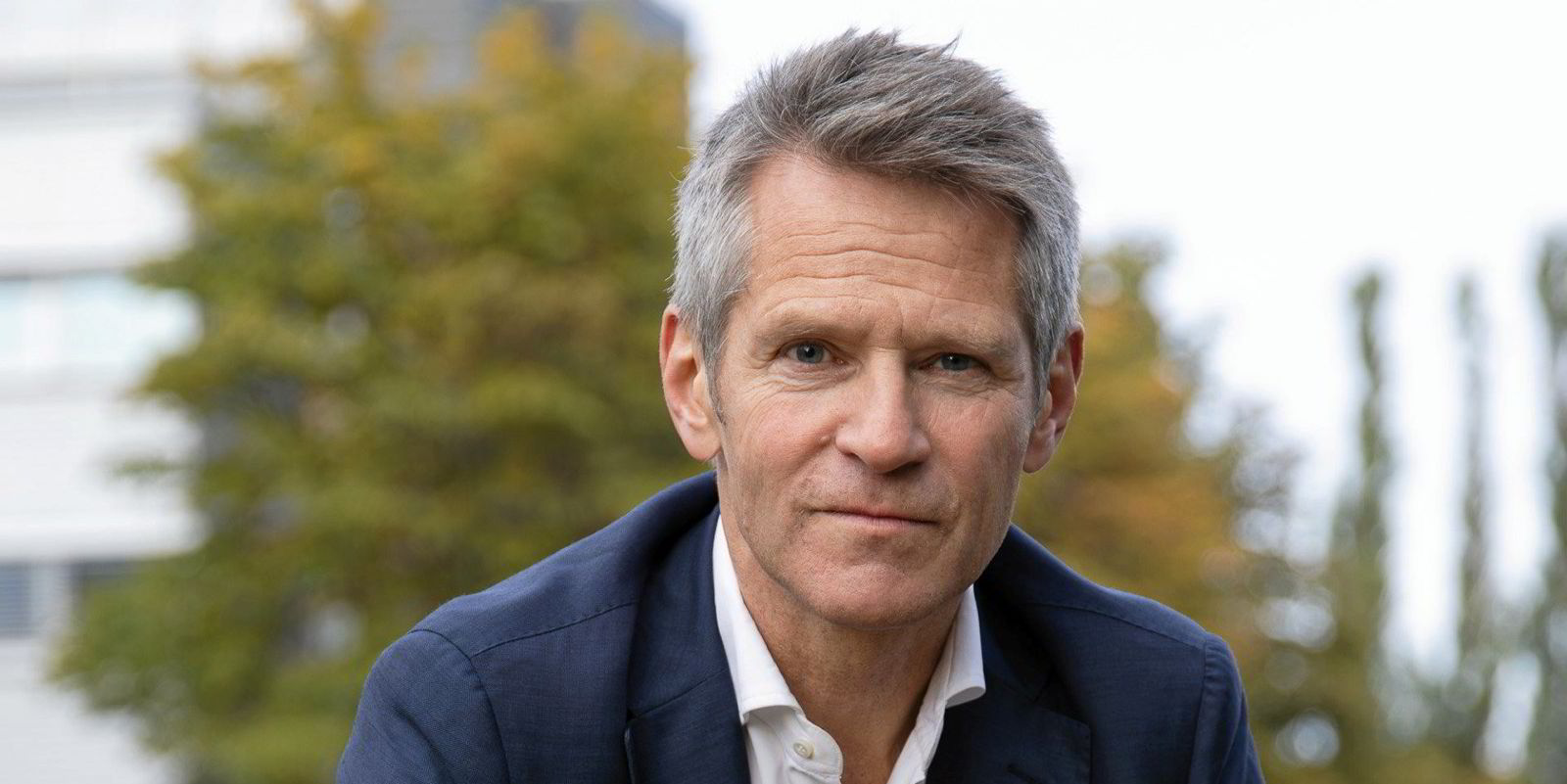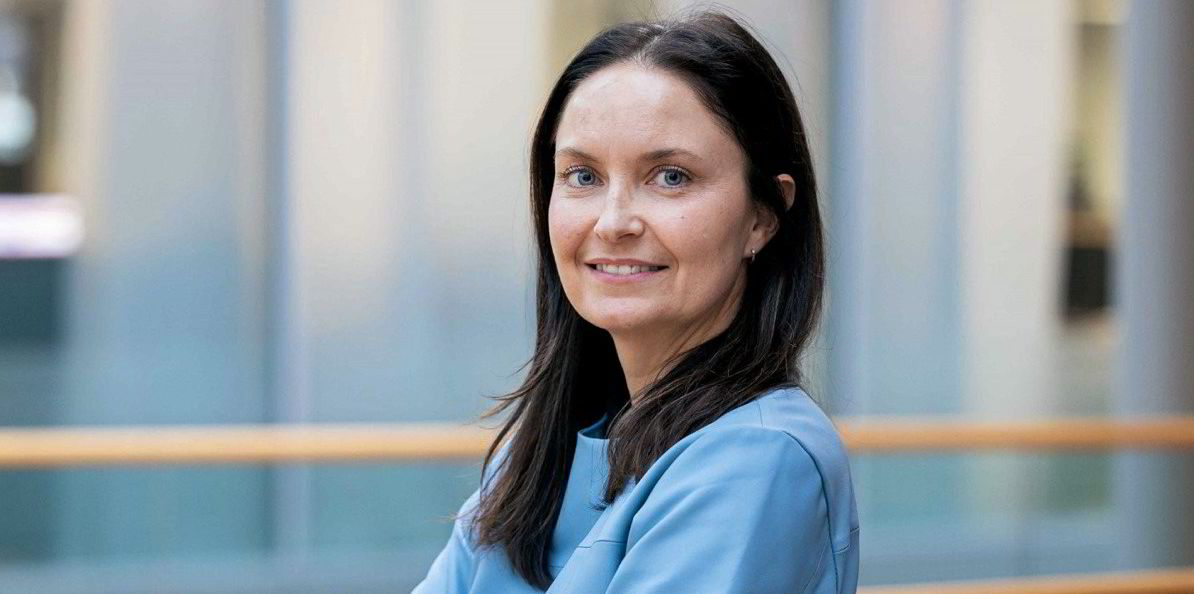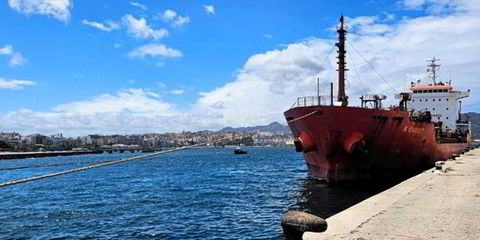Klaveness Combination Carriers is working on expansion plans but sees no need to add more newbuildings yet.
Chief executive Engebret Dahm told an earnings call: “I think we have repeatedly said that we believe we have a unique concept that we should over time be able to expand.”
He admitted the company has not been “too clear” about growth plans, but explained that it is working on new concepts as part of the development of a next-generation design.
Three 83,000-cbm Cabu caustic soda and dry bulk carriers are on order for delivery in 2026 from Jiangsu New Yangzijiang in China, while three existing Cabus still date from 2001 and 2002.
Dahm said KCC wants to “make sure that we have concepts that are profitable and we can act when the right timing is there”.
The newbuilding market is very tight and has tightened since the Cabu trio was ordered last year, he said.
“There is no immediate need for any contracting in KCC,” he added.
The remaining older Cabus are expected to continue trading up to the end of this decade.
Dahm also said one of the nine Cleanbu oil product and dry bulk carriers is trading exclusively as a tanker on a two-year charter expiring in January 2025.
Super-strong product tanker market
The others are in combination trading.
“In certain months, some of them may trade as a tanker, just as we did in fourth quarter in trade between US Gulf and Brazil where we benefited from a super-strong product tanker market in the Atlantic,” he added.
KCC’s net profit in the final three months reached $25.9m, compared with $15.3m a year earlier.
Revenue grew to $77m from $73m.






